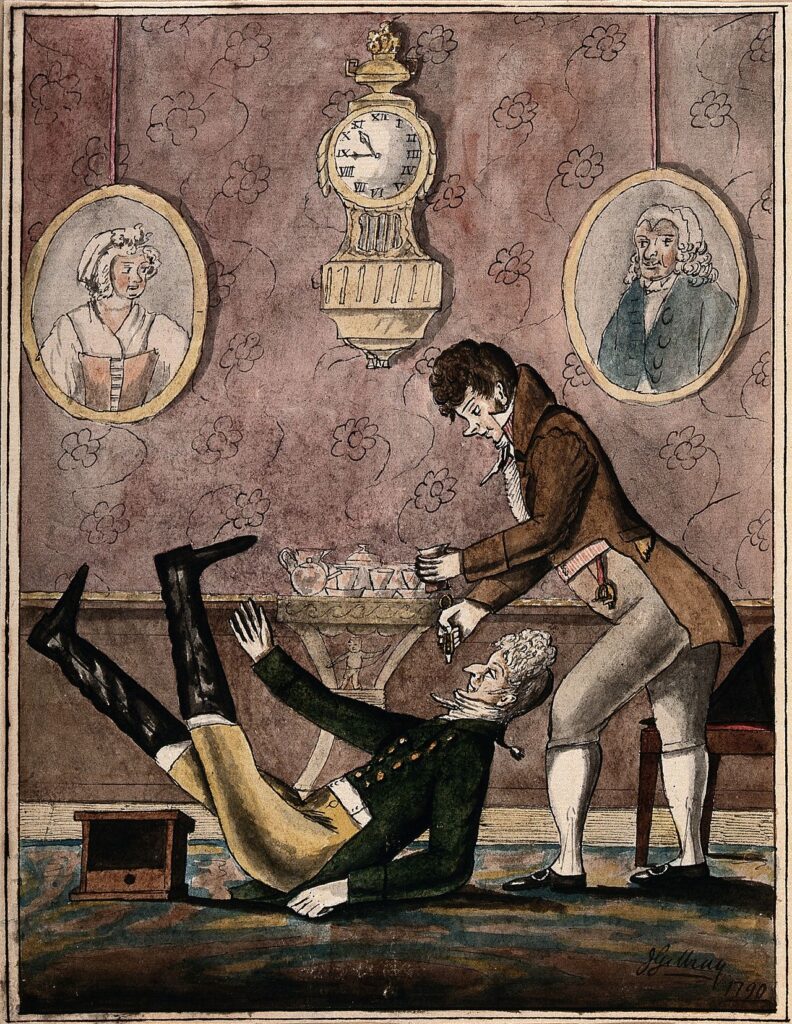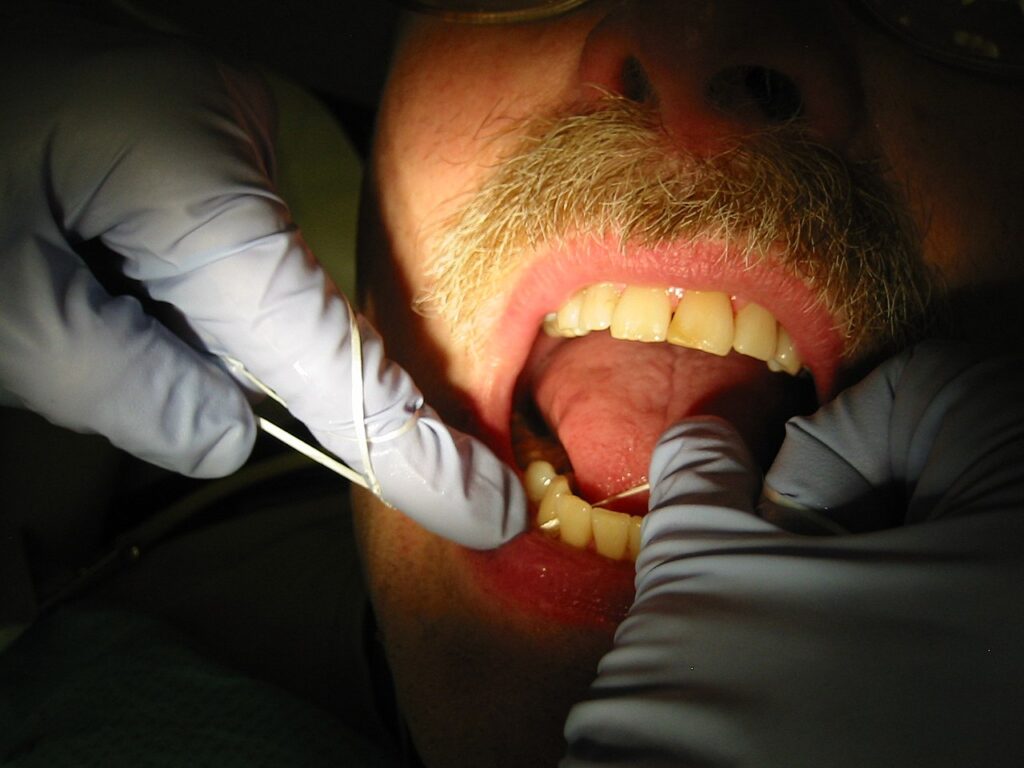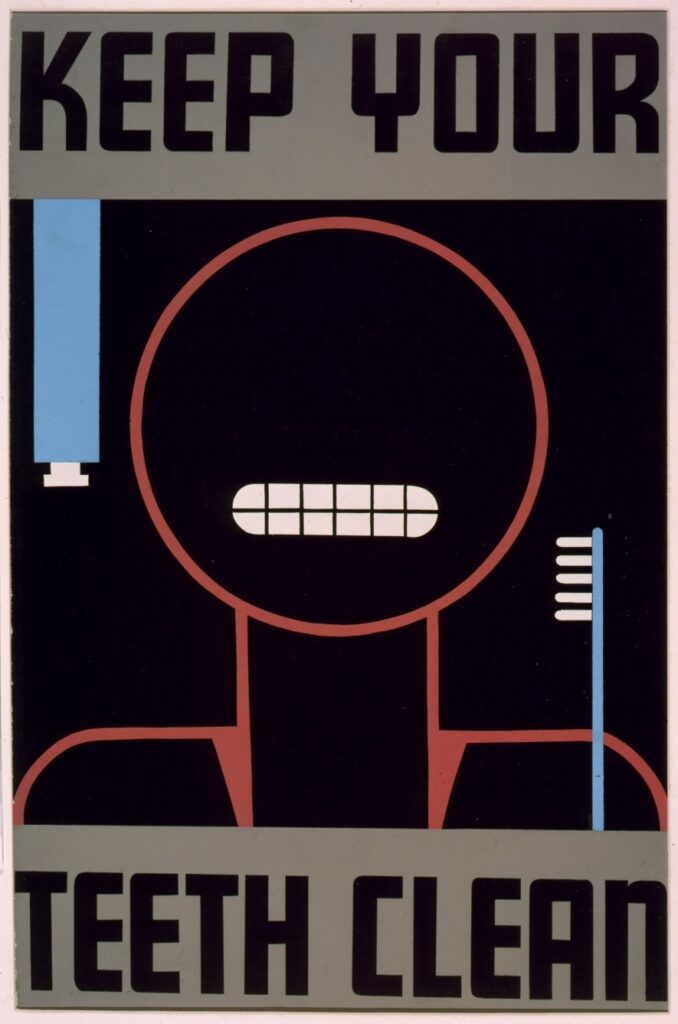Part of Our Ongoing Series Examining Medical Issues Which Affect People in Later Life
As we age, our dental health needs and concerns often change. Senior citizens face a unique set of oral health challenges that require special attention and care. Understanding these issues is important for maintaining good dental health and quality of life in our golden years.
Dry Mouth
One of the primary dental concerns for seniors is dry mouth, also known as xerostomia. This condition is caused by a decrease in saliva production, which can have a number of underlying causes in older adults. Medications, medical conditions, and radiation therapy are common culprits. Dry mouth increases the risk of tooth decay, gum disease, and oral infections, as saliva plays a crucial role in neutralizing acids, remineralizing enamel, and fighting harmful bacteria.
Root Cavities
Seniors are also more prone to root cavities. As people age, the gums often recede, exposing the softer, more porous root surfaces of the teeth. These areas are less resistant to acid attacks from plaque bacteria, making them highly susceptible to decay. Diligent oral hygiene, regular dental checkups, and use of fluoride treatments are essential for preventing root cavities.
Gum Disease
Another major issue for older adults is periodontal (gum) disease. Seniors are at greater risk of developing advanced gum disease due to weakened immune systems, certain medications, and a lifetime of poor oral hygiene habits.
Untreated gum disease can lead to tooth loss, as well as systemic health problems like heart disease and diabetes. Meticulous brushing, flossing, and professional cleanings are vital for seniors to maintain healthy gums.
Medication Complications
Lastly, many older adults take multiple medications, some of which can have adverse effects on oral health. Certain drugs can cause dry mouth, gum overgrowth, and increased sensitivity. Dentists must be aware of a senior patient’s full medical history and coordinate care with their primary physician.
General Concerns
Seniors may also experience difficulty with chewing and swallowing due to tooth loss, ill-fitting dentures, and age-related changes in the mouth and throat. This can make it challenging to eat a healthy, balanced diet, leading to malnutrition and other health issues. Proper denture fit, dental implants, and working closely with a dentist can help address these problems.
So there you have it. As seniors, we face a unique set of dental concerns that require proactive management and care. From dry mouth and root cavities to gum disease and oral cancer, these issues can significantly impact our quality of life if left unaddressed. By working closely with dentists and maintaining oral hygiene habits, older adults can preserve their dental health and overall wellbeing well into our golden years.
By Steven Roberts





